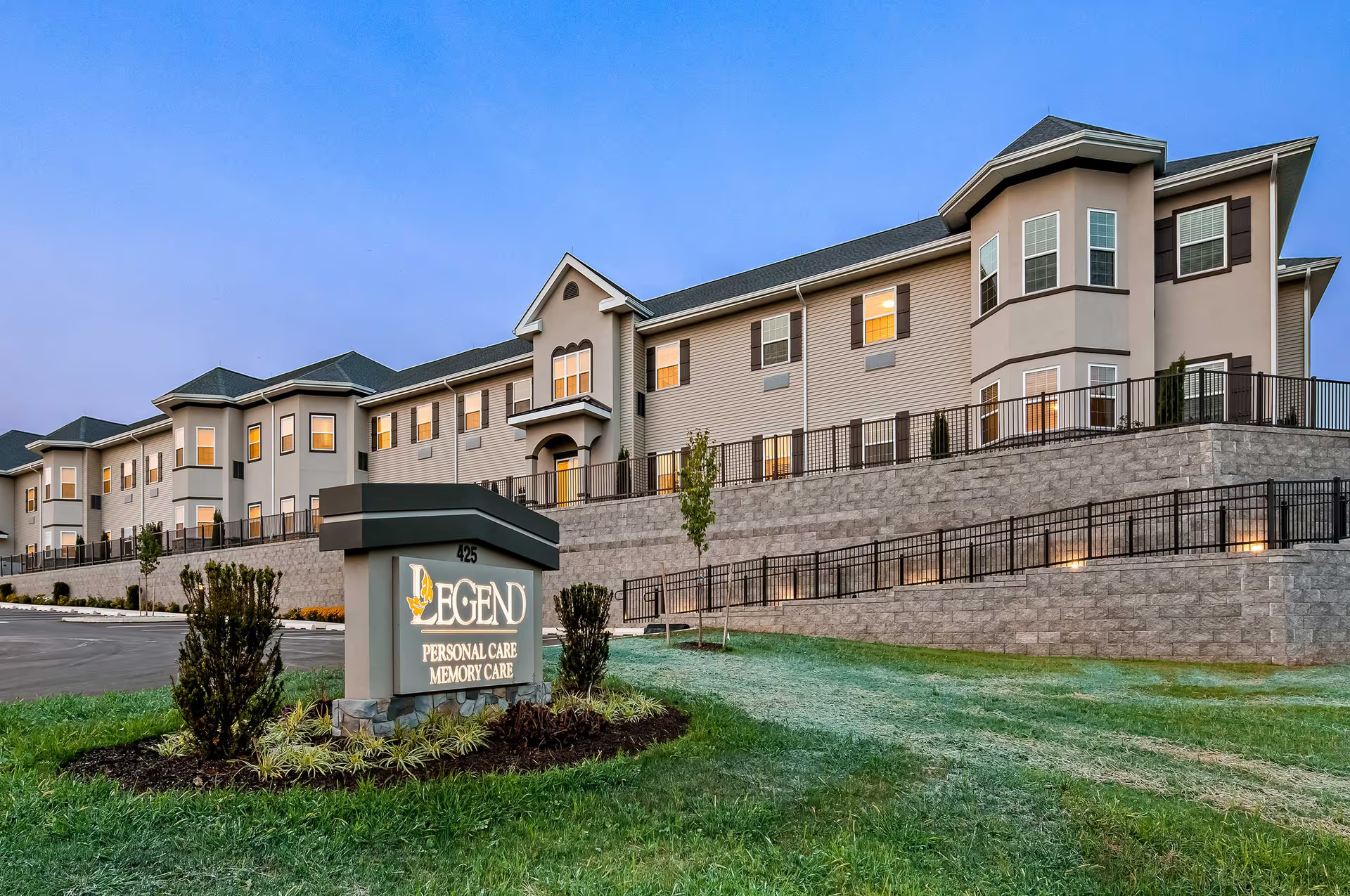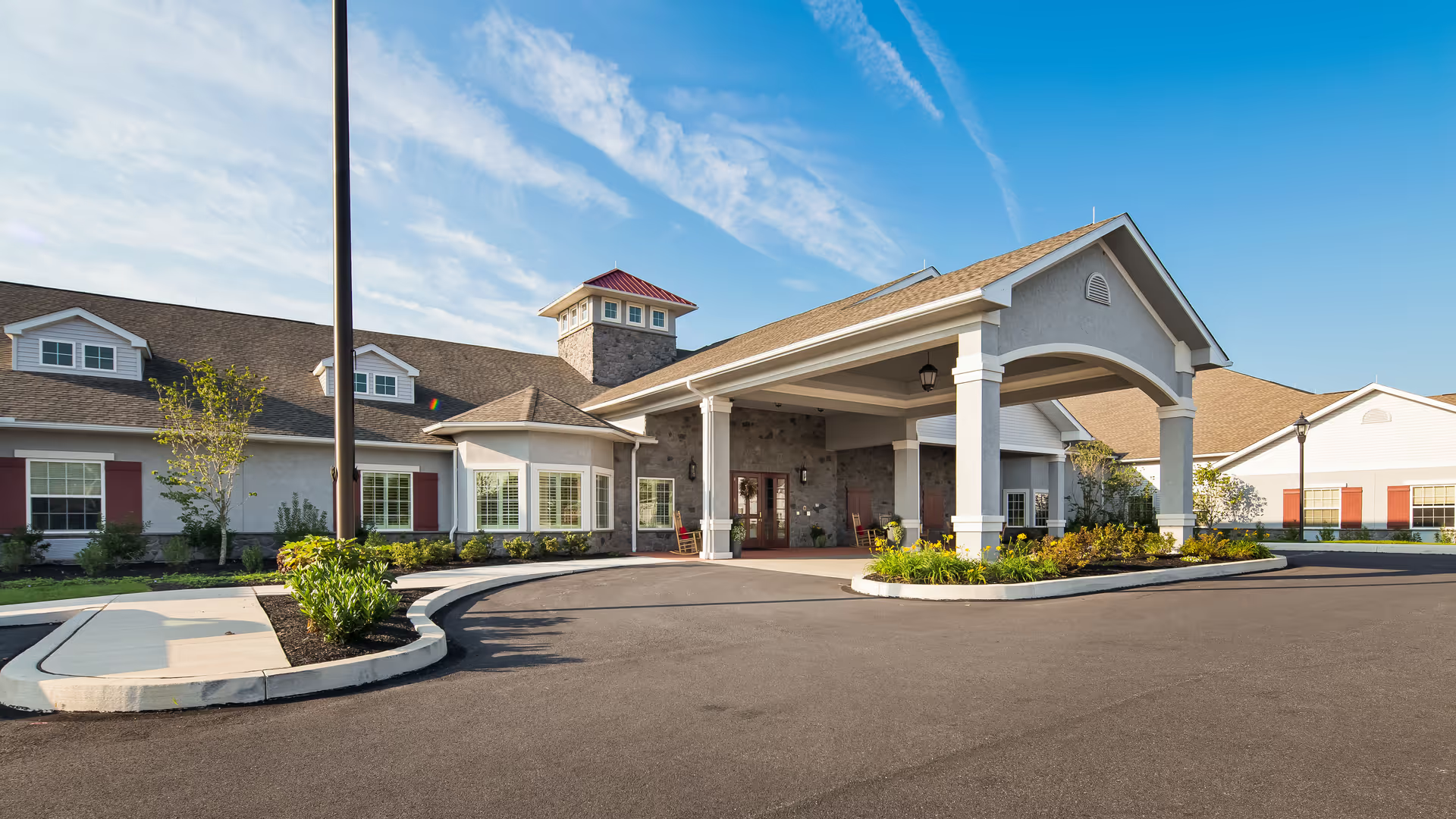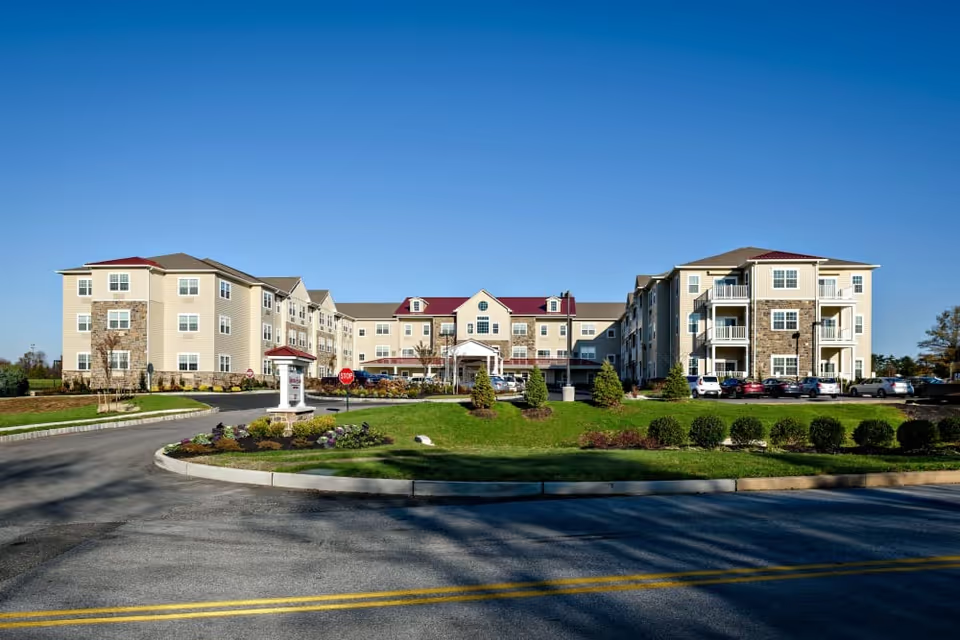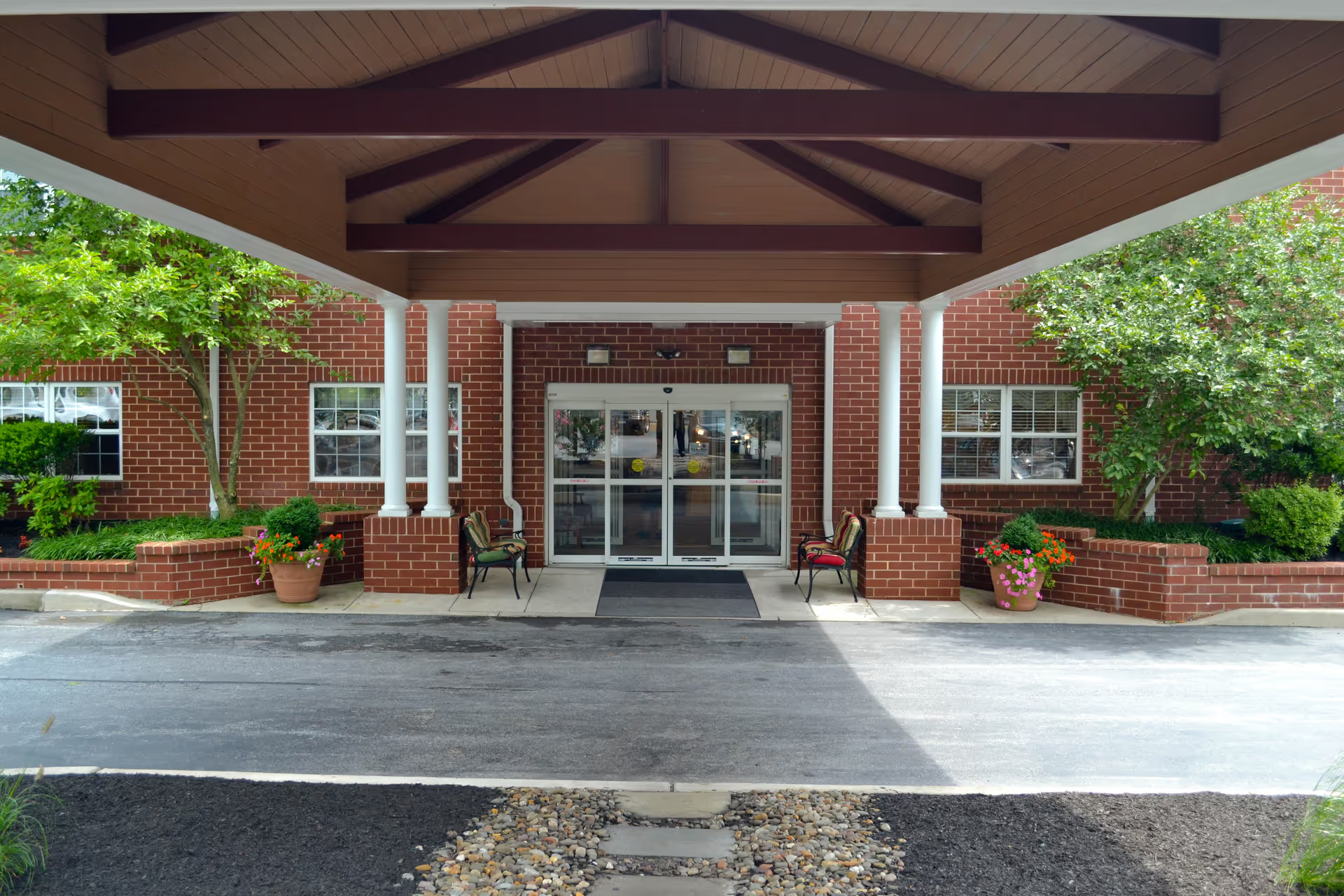Overall sentiment: Reviews of Arden Courts - ProMedica Memory Care Community (Kensington) are overwhelmingly positive, with a very large majority of family members and visitors praising the quality of care, the professionalism and compassion of staff, and the facility’s dementia-focused programming. Recurring themes include confidence and peace of mind for families, a home-like and welcoming atmosphere, and frequent commendation for leadership and long-tenured staff. While nearly every major category of care and amenity receives favorable comments, reviewers do note a small number of significant negative allegations and a handful of practical concerns that prospective families should be aware of.
Staff and leadership: The strongest and most consistent theme is praise for the staff and leadership. Multiple reviews highlight compassionate, attentive caregivers and nurses who know residents by name, provide individualized attention (including help with grooming, clothing, and dietary needs), and stay engaged with residents’ moods and behavior. Long staff tenure and low turnover are repeatedly mentioned as important strengths, contributing to continuity of care and trusting relationships between residents, families, and caregivers. Executive leadership and specific staff members were singled out for proactive communication, responsiveness, and hands-on involvement; several named employees (e.g., Sheila, Emmanuel, Alexandra, Eleni, Lisa, Nurse Margaret) received repeated commendation. Families describe staff as going above and beyond, especially during emergencies, hospice care, and difficult behavioral episodes related to dementia.
Clinical care and medical oversight: Reviewers consistently report robust clinical supports. Examples cited include daily medication dispensing and checks, routine blood-pressure monitoring, weekly physician visits, access to nurse practitioners, and strong therapy services (notably physical therapy and occupational therapy). Many reviewers attribute rapid rehab progress to the on-site therapy teams. The facility’s dementia-specific expertise — including staff training for Alzheimer’s and frontotemporal dementia (FTD) — is frequently noted as a primary reason families chose Arden Courts. Families also praise proactive fall response, individualized dietary attention for special needs, and reliable nursing oversight at all hours.
Facilities, safety, and design: The physical environment is another repeated strength. Reviewers describe Arden Courts as immaculate, bright, tastefully decorated, and thoughtfully designed for memory care (circular layouts, single-floor design in many areas, secured yet freedom-oriented courtyards and garden paths). Private rooms with private bathrooms, clean common areas, an accessible dining room, library space, gazebo, and well-kept landscaping are frequently mentioned. The secure grounds allow residents to wander safely, and many families value the outdoor walking paths and gardening program. Safety and hygiene protocols, including COVID protections, were acknowledged by many families as reassuring.
Activities, social life, and dining: Reviewers describe a lively activity calendar with a broad range of offerings: music and instrument sessions, art therapy, group programs, field trips, lectures, support groups, and tailored in-house programs for cognitive and physical stimulation. Staff are commended for including less-mobile residents in activities. Meals receive generally positive feedback for being nourishing and tasty; many families call out the chef and holiday meals. However, a minority of reviews mention that meals were not appetizing for some residents, suggesting occasional variability in dining quality or resident taste preferences.
Family communication, transitions, and community supports: Communication with families is repeatedly praised: regular health updates, proactive calls about concerns, informative intake and transition support, and monthly family support meetings. Reviewers report a strong sense of community and describe staff and residents forming familial bonds. Families appreciate the emotional support during transitions and end-of-life care. The community also appears engaged with volunteers and external partners, offering mutual support and social integration for residents.
Areas of concern and variability: While overwhelmingly positive, reviews include a small number of serious, isolated negative allegations involving staff behavior (rudeness, disrespectful conduct, and in a few extreme reports, neglect or abuse). These reports are rare compared to the full dataset but serious enough to warrant inquiry during any tour or intake. Other concerns mentioned by multiple reviewers are more mundane: occasional night-shift changes, prior periods of understaffing or operational instability (noted by a few families, often with the caveat that conditions later improved), language or communication challenges with some staff members, and the community’s entry or community fee being considered high by some. A few reviewers also noted that the community was not the right fit for every resident—emphasizing that suitability depends on individual needs and preferences.
Conclusion and recommendation guidance: In sum, Arden Courts (Kensington) shows a strong, consistent track record in dementia-centered care, with particular strengths in compassionate staffing, continuity of care, skilled clinical oversight, and an engaging, secure environment that supports resident dignity and social connection. The facility’s clean, well-designed spaces and active programming are repeatedly highlighted, and families often reported improved mood and quality of life for residents. Prospective families should prioritize in-person visits, ask about recent staffing patterns and how the facility addresses staff language skills or communication issues, clarify fees and billing, and directly inquire about any isolated adverse reports they may have heard. Given the volume of positive firsthand accounts and the emphasis on memory-care expertise, Arden Courts appears to be a strong option for families seeking specialized memory care — while keeping in mind the need to verify current staffing and operational conditions during the decision process.







